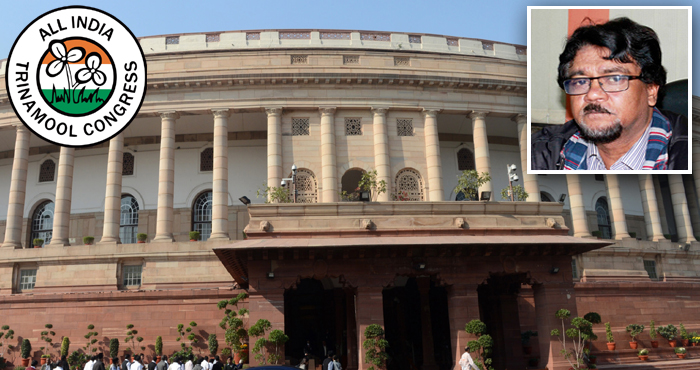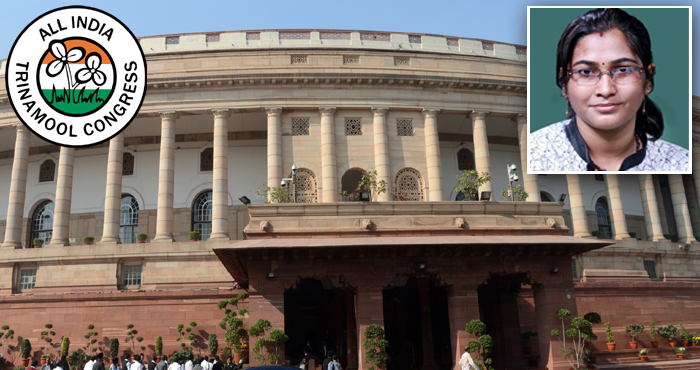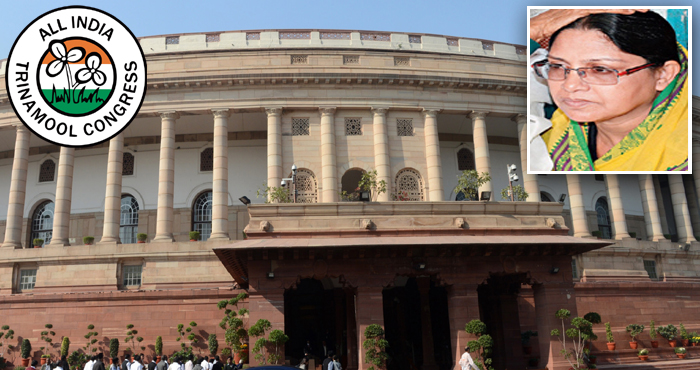FULL TRANSCRIPT
Sir, much has been said about today’s topic by several speakers and in the process some very important issues are being flagged and highlighted.
The Chinese Government claimed yesterday that the number of Indian troops present in the Doklam area in Bhutan is down from 400 to 40. One wonders what the truth is.
In a democracy like ours, there should be free flow of information. Issues of vital importance which concern our neighbours, transgressions of the border line, movement of militants, separatists and various other problems which arise in these areas have to be looked into.
The foreign policy perspective of our country is the total or sum total of events and experiences of the past and the geopolitical realities of today.
While our neighbourhood remains an important target via what has been stated by the Ministry of External Affairs, the neighborhood policy. But yet, India’s priority should also ensure regional security, civility and peace, strengthening the economic structure through a robust outreach in the region and tune in with regional organisations to interlink the region
and keep India’s strategic importance and relevance so that we can catapult a strong India into the centrestage of the world.
As far as foreign policy goes, we have observed, and in fact even our party, the All India Trinamool Congress, has always supported, the Government of India’s foreign policy initiatives, starting from 1998 to the present day. It’s been a positive approach because, as one or two of the speakers have mentioned earlier, we stand behind the foreign policy initiatives taken by the Government of India.
But due to the sensitivity of certain border areas, especially in the Eastern Sector today, we are compelled to express our dissatisfaction with the way things are being handled. The integrity of our borders has to be ensured, because they are porous and volatile and militant groups and other separatists always seek to destabilise not only border areas but also the rest of our country.
West Bengal is a border sensitive State, and any disruption in the State could have serious security concerns. Here I am talking about the Chicken’s Neck Corridor or the Siliguri Corridor which is a gateway to Guwahati, Sikkim, Assam and Bihar.
It also includes important road corridors like NH 31, NH 31A and the railway system. After the 1962 war with China, since the early 60s, the military intelligence has repeatedly reflected to the Government that due importance is not being given to the security and safety of the Chicken’s Neck Corridor. Even recently, our CM Mamata Banerjee has pointed out this forgotten issue, it’s very vital for the eastern sector and for the development, protection of the people in the border areas.
Since the late ‘60s till date, I do not think that we have information as to whether the military presence – the BSF or the CRPF – have increased their vigil in these areas. Till recently we have observed that because of separatist activity in the Darjeeling Hills, and because of the fact that we have evidence that these separatists are being funded, are being encouraged, are being supported by such organisations which are inimical to the safety and security of India.
We have seen the world over that whenever there is any militant activity or, look at the history of any country, we have observed that there is always an external support to these activities. The Government of Bengal, under the leadership of Mamata Banerjee, has, in the recent past, repeatedly urged the Central Government to secure the proper interest and to provide the men and materials that are required to obviate free movement across the border. Even the BSF has serious responsibility where the border is concerned.
The Government of Bengal had asked for extra CRPF to be posted in Darjeeling but unfortunately, for some unknown reason, this police force was not provided. Accordingly, it is a matter of great concern that this area, which is not only an integral part of Bengal but of the entire country, has not yet been flagged as an area of concern by the Government of India. This kind of a dichotomy in the foreign policy would in the long run be counterproductive to the country as a whole. The Government of India’s policy of ‘Neighbours First’ has not borne any fruits.
If we look back or turn back the pages of history, we can observe that we are not into outright non-alignment at this point. We are now shifting towards a kind of a policy in which we are building strategic partnerships throughout the world. But today one matter of great concern with regard to Nepal and Bhutan is the huge currency – about Rs 3000 crore – that they are holding in old Indian currency notes.
Whenever there is any cross-border activity we have noticed, the people who move along the border – whether it is officially or unofficially – there is always a talk of an exchange rate. What is the Indian rupee worth? We have found over the years that the Indian rupee commands respect and even many transactions in these countries are dependent on the Indian rupee. Goods and services are bought with Indian rupees. It’s an extension of the Indian economy.
Now after demonetisation, the Government of India has not clearly stated their position and this is causing lot of heart-burning in these two countries. There is a deep resentment and relations are being soured. If ‘Neighbours First’ is the policy then neighbours must come first and we need to not buttress the borders. We need to also see that these insidious movement of bad elements, this dependency of the country on the economic activity in India is something to be proud of and we should build that bridge which will ensure that these neighbours do not take an inimical view to our trust.
China’s transgressions in the mountains are very well known. We are quite surprised to notice that in 1962, certain areas of India, like Tawang in the north-east, were transgressed by China. These were the dark days of Indian politics of India’s civilization, yet we have not learnt our lessons. Even to this day, we are not strong enough in that particular area where previously we had to fight an uneven war.
The Chinese are very active in Sri Lanka; they have taken over the development of a port. In fact they are going to take over the development of another port and we have found that this deal by the Chinese was made possible because of the fact that the Sri Lankan Government wagered a large amount of money to the Chinese and that’s why they were able to swing this deal. We on our part have not been active enough in the economic scene. We need to make our presence felt in the neighbouring countries, especially Sri Lanka, and we should see that our development, our arms and ammunition with the Indian Army, as you seem to have observed, is short and is not prepared for contingencies.
India needs to serve her potency and work towards tending to its frontier regions, development, military modernisation and regional economic integration to face future challenges.
Thank you.







